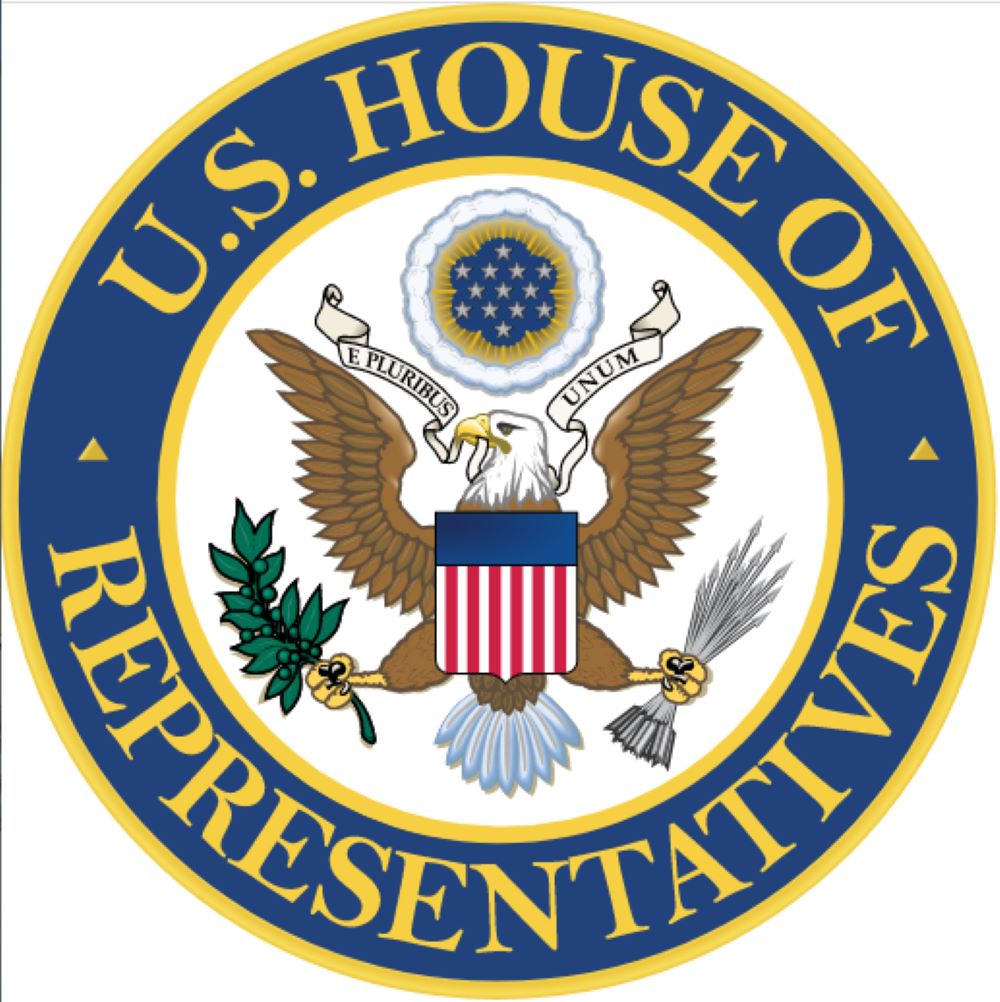US Congress Approves Funds For Community-Led Projects on Big Island
The U.S. House of Representatives has approved $8.8 million in community project funding for several projects throughout Hawaiʻi’s second congressional district, including some on the Big Island, that will benefit underserved communities and provide much needed funding to deserving nonprofits.
“Hawaiʻi’s second congressional district is one of the most expansive and diverse districts in our nation,” Congressman Kai Kahele, who represents the second congressional district, said in a press release. “This is why it has been a priority of my staff and I to bring federal resources back home. We have been intimately involved in reviewing and promoting the projects that will make the greatest impact across our state.”
Big Island projects that will receive funding are:
- Mālama ʻĀina’s Kanakea Project: This project, which will enhance park facilities at Reed’s Bay in Hilo through capital improvements to improve access and use of the park as a location for educational and cultural programming as well as a visitor attraction to benefit the Waiākea and Keaukaha communities, will receive $1.5 million.
- The Girl Scouts of Hawai‘i for Rebuilding Camp Kilohana: This project will receive $400,000 to help renovate aging and damaged facilities at Camp Kilohana on the Big Island, including its overnight camping shelters, outhouses and kitchen and dining facilities.
“Championing these projects means direct support to our keiki, families and environment, and will result in the strengthening of our communities for years to come,” Kahele said in the press release.
In addition to the $8.8 million in community project funding, Congress also approved critical federal funding and programs that will directly benefit Hawaiʻi’s second congressional district and communities nationwide.
Highlights include:
- $62.5 million for the Self-Help and Assisted Homeownership Opportunity Program.
- $35.5 million for agriculture quarantine inspections.
- $34 million for the Volcano Hazards Program, a program that monitors volcano activities, including at the Hawaiʻi Volcanoes National Park on the Big Island.
- $28 million in housing loans through the Native Hawaiian Housing Loan Guarantee Program.
- $22.5 million for the Native American Community Development Financial Institution Assistance Program, a program that helps Native American, Alaska Native and Native Hawaiian communities access capital, financial services, technical assistance and business training.
- $10 million for the Native Hawaiian Housing Block Grant.
- $10 million for the Micro-Grants for Food Security Program.
- $6.75 million for the State of the Birds Program, which assesses the status and health of bird species such as the ‘akikiki, ‘iʻiwi and kiwikiu.
- $5 million for the Alaska Native and Native Hawaiian-Serving Institutions Education Grants program.
- $5 million for the Small Business Administration (SBA) Native American Outreach, which creates entrepreneurial opportunities and empowerment in Native communities, including Native Hawaiian-owned businesses.
- $5 million to establish the Native Hawaiian, Pacific Islander and United States-Affiliated Pacific Islander Veteran Healthcare Center, which will focus on research, data collection and practice improvement to better serve these veterans.
- $4.6 million for the Japanese-American Confinement Sites Grants to preserve the historic confinement sites where Japanese-Americans were incarcerated during World War II.
- $3 million for the Reimbursement Transportation Cost Payment Program for Geographically Disadvantaged Farmers and Ranchers.
- $3.6 billion for the Homeless Assistance Grants.
- $1 million for the Floriculture and Nursery Initiative, including language research that includes Hawaiʻi specific needs such as breeding programs to increase tolerance from insect pests, diseases and other climate change impacts.
- $500,000 for the Coffee Plant Health Initiative to address coffee leaf rust.
- $500,000 to support implementation of the Macadamia Tree Health Initiative.














